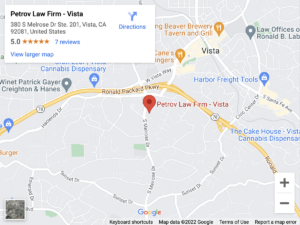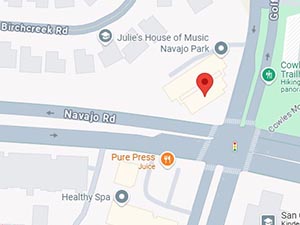
If you suffer a significant personal injury in, say, a car accident, you’re probably going to need to take some time off work. That’s going to cost you money in the form of lost earnings. If your injuries are serious enough, you might never return to your previous occupation.
This state of affairs will result in future diminished earning capacity. You might need a lawyer and perhaps even expert witnesses to help you calculate lost earnings and diminished earning capacity.
Types of Lost Income

It is useful to classify lost income into the following four categories:
- Lost earnings from missed work while you were in the hospital and at home recovering;
- Lost earnings from missed work due to ongoing medical treatment;
- Lost sick leave and personal leave; and
- Diminished earning capacity (in other words, estimated future lost earnings).
All of these items put together could add up to quite a tidy sum.
Lost Earnings
Lost earnings are the sum of the following losses to the extent that they apply to you:
- Your hourly wages or salary;
- Your tips;
- Any sales commission you might have received;
- Any overtime and bonus pay; and
- Sick leave and personal leave that you used up.
Typically, the most effective way to prove lost earnings is to have your employer write and sign a letter discussing them in detail.
Self-Employment
Calculating your lost earnings tends to be more difficult if you are self-employed. After all, you must prove profit rather than income. The problem is that profits tend to fluctuate when you’re self-employed. You need to calculate not only how much work time you lost, but also how much money you likely would have earned if you had been able to work these hours.
If calculating these amounts is difficult, proving them can be even more difficult. Business records and previous years’ tax returns can prove useful when calculating lost self-employment income.
Diminished Earning Capacity
Diminished earning capacity differs from lost earnings in one critical respect. To calculate lost earnings, you look at the past; to calculate diminished earning capacity, you look at the future.
Another critical difference is that lost earnings concern actual losses, while diminished earning capacity concerns potential losses. You might seek diminished earning capacity if you need to reach a settlement or win a lawsuit before you have fully recovered from your injuries.
The Use of Expert Witnesses
How do you prove how much money you will probably be making 20 years from now versus how much you would have been making if you had not suffered an injury? In all likelihood, you’re going to need special testimony in the form of expert witnesses.
An expert witness is someone with significant expertise in a particular field. The main advantage of hiring an expert witness is that, unlike an eyewitness, an expert witness can offer their professional opinion on a matter that you need to prove.
Your best bet is to select someone who testifies full-time and no longer practices their chosen profession. The reason for this is that professional expert witnesses are experienced in court and will not melt under intense cross-examination. You can seek such a witness using
expert witness agencies or you can ask your lawyer to help you find one.
Inherent Limitations on Your Recovery
Most personal injury compensation is subject to inherent limitations, the most common of which appear below:
- Comparative fault: When more than one party caused the accident, California applies a “pure comparative fault” system. That means that each party will be assigned a percentage of fault for the accident, and the victim’s compensation can be reduced accordingly.
- Insurance policy limits: No insurance company will pay out a penny more than the maximum stated in their insurance policy.
- The workers’ compensation system. If your injury is work-related and you cannot find a third party (someone other than your employer) to hold responsible, California will limit your damages to workers’ compensation limits.
Other limitations sometimes apply as well.
Special Case: Wrongful Death
If the victim dies from the accident, close relatives can file a wrongful death claim against the defendant. Although compensation is calculated differently in wrongful death claims than it is in personal injury claims, wrongful death claims include the equivalent of lost earnings.
You Probably Need an Experienced Vista Personal Injury Lawyer To Help You Calculate Lost Earnings
Lost earnings are often an important component of personal injury damages. Where they apply, diminished earning capacity damages are almost always even more significant. If you expect to lose a lot of earnings due to your injuries, contact a qualified Vista personal injury lawyer at Petrov Personal Injury Lawyers as soon as possible, call us at (619) 344-0360.


